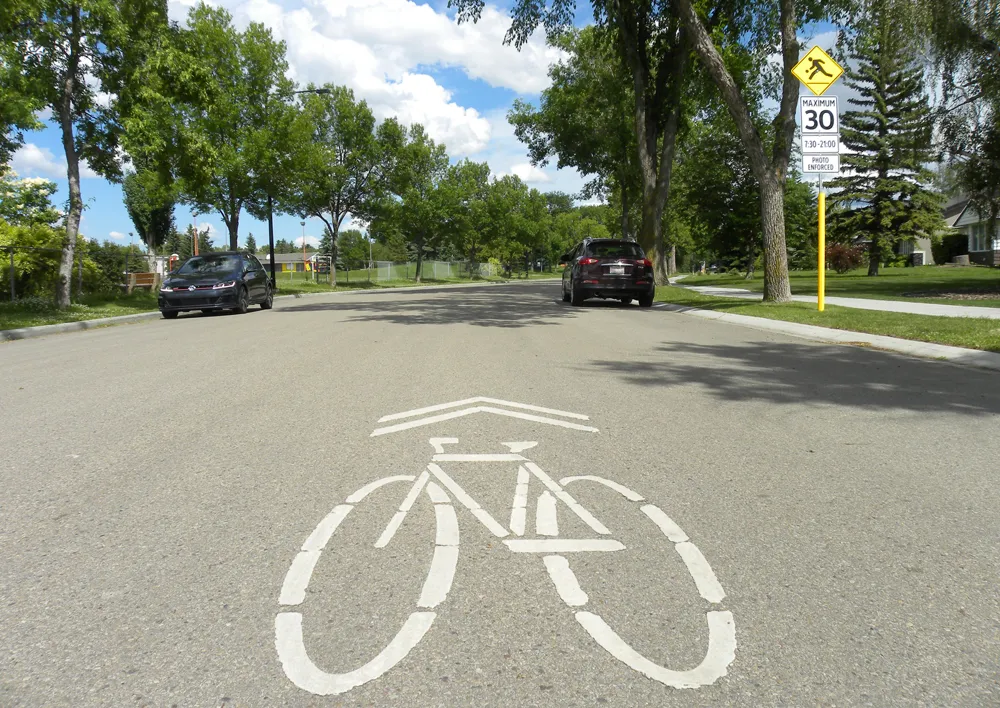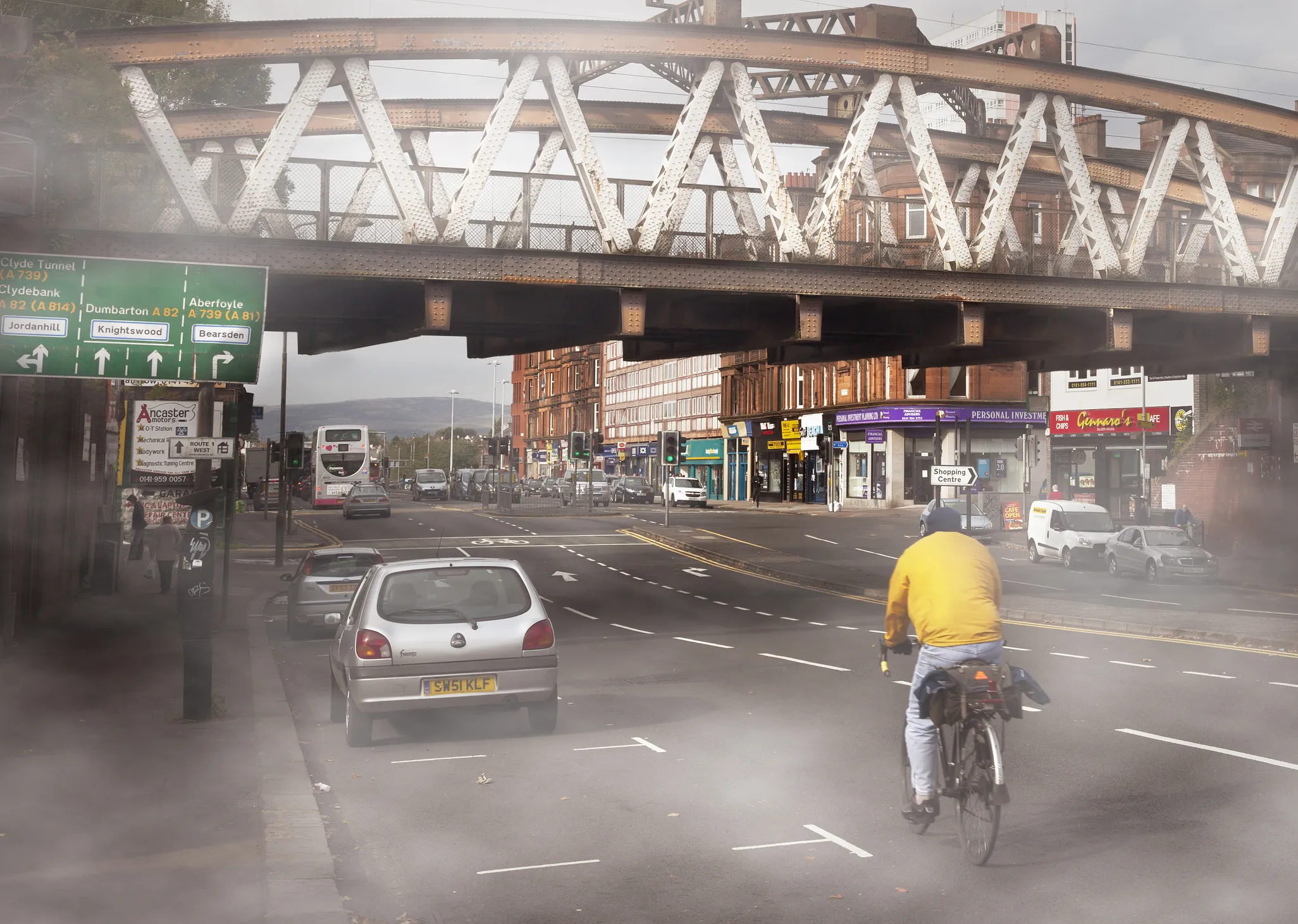The US city of San Francisco, and Medellin, Colombia have been declared the winners of the 8th annual Sustainable Transport Award by the Institute for Transportation and Development Policy.
March 15, 2012
Read time: 2 mins
The US city of San Francisco, and Medellin, Colombia have been declared the winners of the 8th annual Sustainable Transport Award by the 3944 Institute for Transportation and Development Policy that works with cities worldwide to bring about transport solutions that cut greenhouse gas emissions, reduce poverty, and improve the quality of urban life.
According to the Institute, this year’s slate of nominees is unique in that the two winners, and the two honourable mentions – Cape Town and Buenos Aires – showcase a breadth of interventions that put citizens first. Each city is also a leader in embracing social media and online technologies to reach out to those citizens, giving a better more informative and convenient service.
“These cities are setting the example of working on various fronts, giving people opportunities through high quality transport options,” said Walter Hook, chief executive officer of the Institute for Transportation and Development Policy.
San Francisco is using parking reform to great effect. The new ‘SFpark’ variable-rate, demand-responsive parking management system, provides real-time parking availability information online, via text and smartphone apps. The city’s ‘Pavement to Parks’ programme reclaims parking spaces for public space and has created 20 new and dynamic parklets with more on the way. The city started to upgrade and expand its bike network, setting an ambitious target of 20 per cent of all trips made by bicycle by 2020.
Medellin, Colombia, and its metropolitan area is being recognised for its public space improvements, providing multiple options to its citizens, such as its existing cable car and metro systems and the recently inaugurated BRT project, known as Metroplús, and integrating those services. The city created 1.6 million square metres of new park space through 25 parks and 11 urban promenades. The city also made progress with a new public bicycle program, “EnCicla,” that integrates universities and mass transit with popular city destinations; improved pedestrian crossings; and a ridesharing programme, ‘Comparte tu carro;’ as well as vehicle exhaust emissions controls and sulphur content improvements.
Buenos Aires, Argentina, received an honourable mention for opening the country’s first BRT system, Metrobús, and its comprehensive investment in cycling, while Cape Town, South Africa, also received an honourable mention for opening the first BRT system in Africa to integrate cycling.
According to the Institute, this year’s slate of nominees is unique in that the two winners, and the two honourable mentions – Cape Town and Buenos Aires – showcase a breadth of interventions that put citizens first. Each city is also a leader in embracing social media and online technologies to reach out to those citizens, giving a better more informative and convenient service.
“These cities are setting the example of working on various fronts, giving people opportunities through high quality transport options,” said Walter Hook, chief executive officer of the Institute for Transportation and Development Policy.
San Francisco is using parking reform to great effect. The new ‘SFpark’ variable-rate, demand-responsive parking management system, provides real-time parking availability information online, via text and smartphone apps. The city’s ‘Pavement to Parks’ programme reclaims parking spaces for public space and has created 20 new and dynamic parklets with more on the way. The city started to upgrade and expand its bike network, setting an ambitious target of 20 per cent of all trips made by bicycle by 2020.
Medellin, Colombia, and its metropolitan area is being recognised for its public space improvements, providing multiple options to its citizens, such as its existing cable car and metro systems and the recently inaugurated BRT project, known as Metroplús, and integrating those services. The city created 1.6 million square metres of new park space through 25 parks and 11 urban promenades. The city also made progress with a new public bicycle program, “EnCicla,” that integrates universities and mass transit with popular city destinations; improved pedestrian crossings; and a ridesharing programme, ‘Comparte tu carro;’ as well as vehicle exhaust emissions controls and sulphur content improvements.
Buenos Aires, Argentina, received an honourable mention for opening the country’s first BRT system, Metrobús, and its comprehensive investment in cycling, while Cape Town, South Africa, also received an honourable mention for opening the first BRT system in Africa to integrate cycling.








